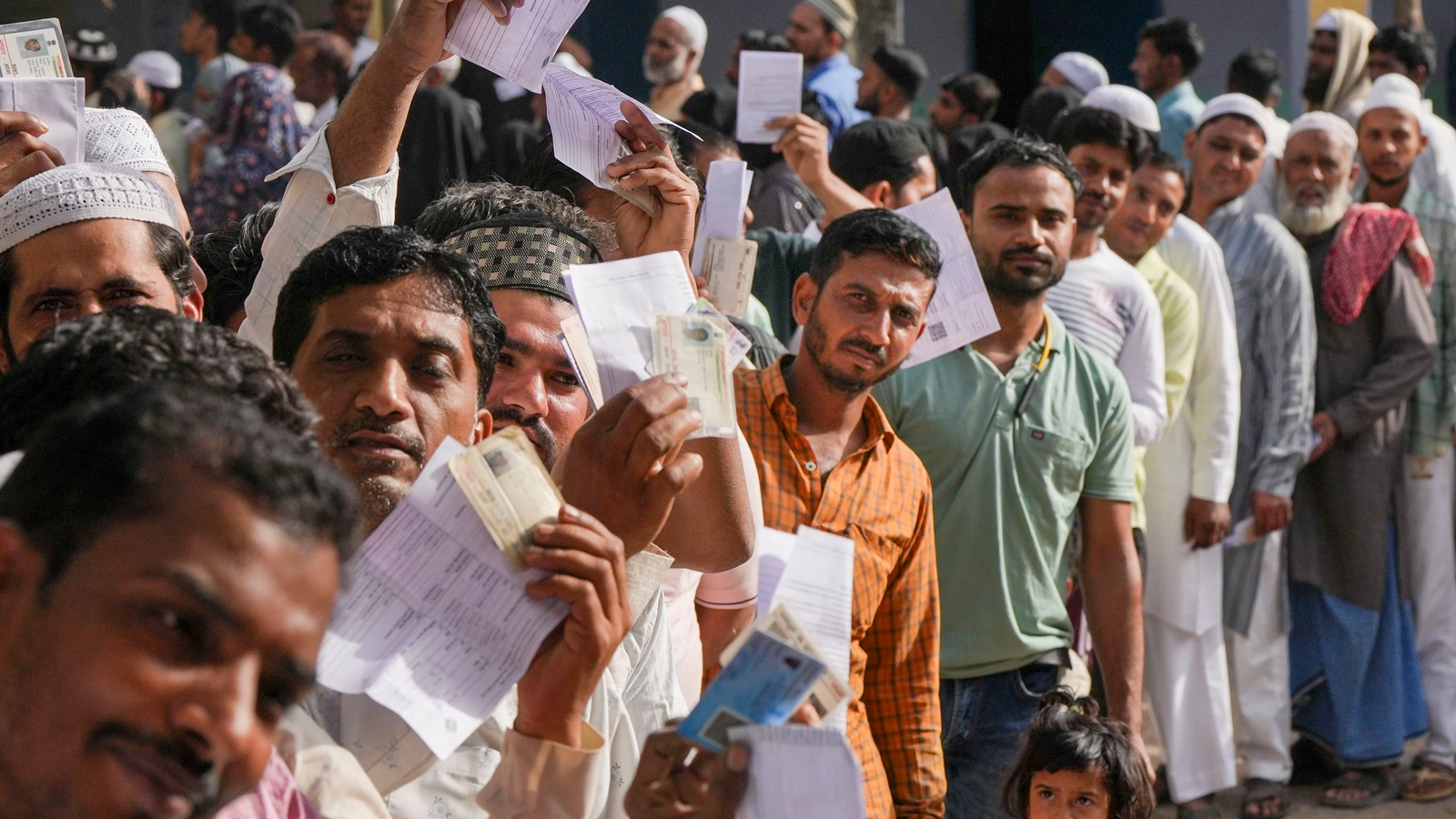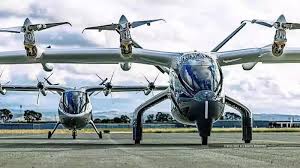Asian Games 2026 Early Preparation Begins A Strategic Leap Toward Sporting Excellence
With just over a year left until the curtain rises on the 20th Asian Games in 2026, the host nation Japan specifically the Aichi Prefecture and Nagoya City is ramping up its preparations in earnest. While the official opening ceremony is scheduled for September 19, 2026, the groundwork for Asia’s largest multi sport event has already moved into an advanced phase. From infrastructure and technology integration to athlete scouting and regional coordination, Japan is mobilizing its resources with the precision and urgency that have become hallmarks of its international event management.
The 2026 Asian Games will mark Japan’s third time hosting the continental sporting event, after Tokyo in 1958 and Hiroshima in 1994. With a legacy of efficiency and innovation in sports organization, expectations are high not just for seamless logistics, but also for a cultural and technological showcase. The early preparation stages have been particularly crucial, as Japan aims to deliver an event that balances tradition with forward thinking sustainability and digital sophistication. The Organizing Committee has repeatedly emphasized that its approach will center on cost efficiency, athlete comfort, and lasting community benefits.
Aichi Nagoya’s logistical blueprint for the Games covers more than 50 venues, many of which will be retrofitted existing facilities rather than new builds. This strategy, aimed at reducing financial burden and environmental impact, reflects lessons learned from previous editions of both the Olympics and Asian Games. Renovations of major stadiums like the Paloma Mizuho Stadium are already underway, with additional investments in smart traffic systems and public transportation to accommodate the expected influx of over 15,000 athletes and officials, plus hundreds of thousands of spectators. Additionally, satellite venues in surrounding municipalities are being prepared to support sports such as cycling, canoeing, and equestrian events.
Parallel to the infrastructure efforts is Japan’s commitment to technological integration, particularly in areas of event management, crowd monitoring, and real time data analytics. Leveraging Japan’s status as a tech powerhouse, the 2026 Asian Games are expected to feature AI supported logistics, smart surveillance systems for crowd control, and advanced biometric identification for athletes and staff. These innovations are designed not only to enhance operational efficiency but also to ensure safety in a post pandemic environment. Test runs of these systems have already begun in smaller events across Nagoya and Aichi to iron out any technical issues before the main event.
Equally integral to early preparations is athlete development and training infrastructure, especially for the host nation. Japan has launched a national level high performance athlete identification program aimed at scouting and grooming medal hopefuls across track and field, swimming, gymnastics, and martial arts traditionally strong sports for the country. Regional sports federations have been activated to coordinate intensive training camps, while several national sports academies have committed to optimizing their facilities for final stage preparations. The Japan Olympic Committee has also entered into performance data sharing agreements with several universities and private analytics firms to track progress and simulate performance outcomes.
From a regional diplomacy perspective, the 2026 Asian Games are being treated as an opportunity for soft power reinforcement and pan Asian collaboration. Japan has initiated dialogues with several Asian National Olympic Committees (NOCs) to ensure broad participation and logistical coordination for delegations traveling from Southeast and Central Asia. Visa facilitation programs, language support systems, and hospitality training have been launched in partnership with universities and local governments. These efforts are particularly focused on promoting inclusivity and ensuring athletes from smaller, less resourced countries feel equally welcomed and supported during the Games.
Finally, public engagement and awareness campaigns have been rolled out aggressively across Japan. The organizing committee is actively involving schools, communities, and local businesses through volunteer programs, cultural exchanges, and educational modules about the significance of the Asian Games. Aichi and Nagoya city governments are also using the event as a platform to promote regional tourism, food culture, and traditional arts, hoping the Games will leave a legacy that extends far beyond sports. With early preparation already yielding tangible progress, the Asian Games 2026 are shaping up to be a well executed, inclusive, and memorable edition of Asia’s grandest sporting spectacle.
Sports











